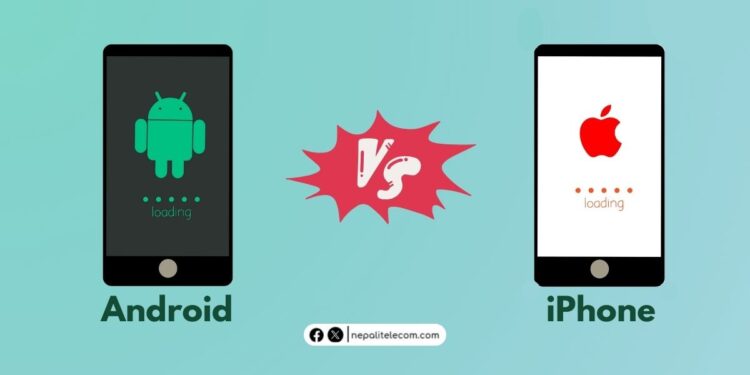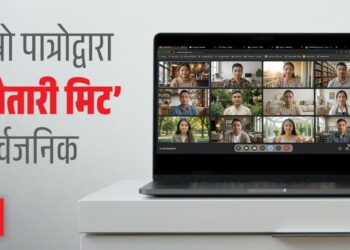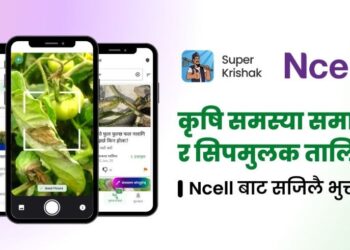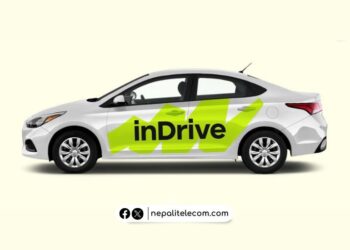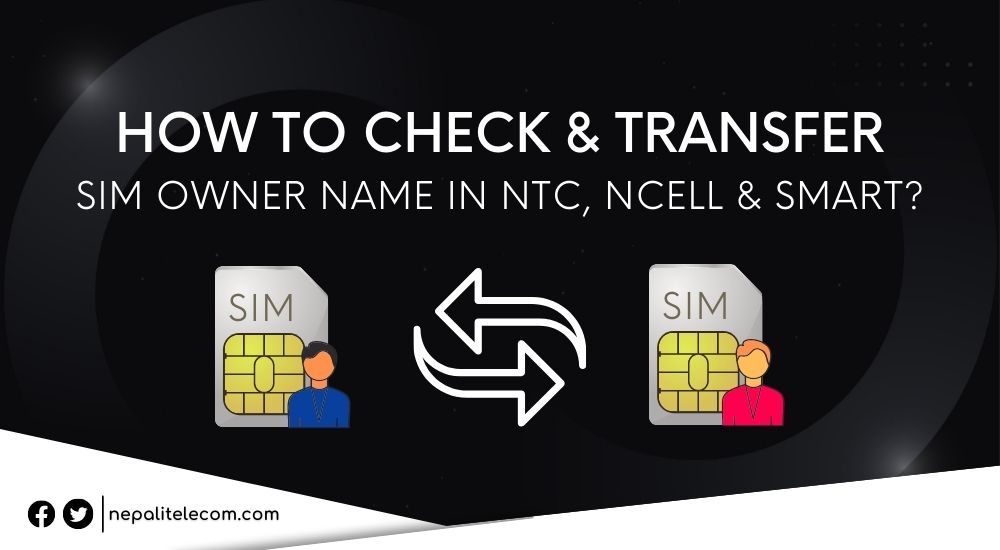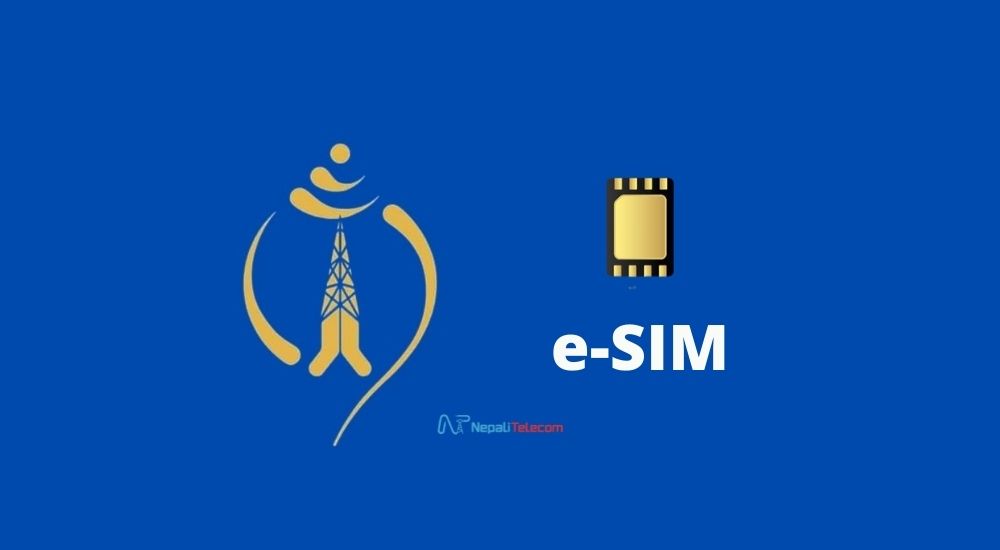Android Vs iPhone is an ever-running debate among smartphone lovers with no end in sight. Either side of fans is vocal about their phones’ merits over the other. However, phones on both platforms offer similarities and differences that make it an intriguing discourse.
You will find a wide range of literature on this persistent argument. Below we have also compiled 10 determinant factors that may confirm your choice when you decide between either of these phones.
Android vs iPhone: Which one is most used in Nepal?
According to a report from Statista, Android phones are much more popular in Nepal than iOS ones. The data that shows the figure recorded as of March 2024, Android phones occupy an overwhelming 85.66% market share in Nepal to iOS’s 14.31%. However, the one unignorable fact is that not many Nepalese own an iPhone to derive a concert conclusion from these figures.
The fact is that iPhones are grossly expensive for an average Nepali person. Therefore, many Nepalese buy Android smartphones which come in entry-level to affordable midrange prices. Flagship phones are bought by less population. Well, we just also admit that schemes like Samsung Insta Finance do help with installment payments for Samsung phones. But such a facility is rare. That is why, the above figure, while being absolutely true doesn’t translate to whether Android phones are truly such popular as iOS or iPhone.
This may also interest you: Top Android secret codes: USSD, MMI codes with their function
1. Smoother OS
iPhone users have long argued that iOS offers much smoother performance than Android. The interface feels light and responsive. All the apps respond promptly. iPhones also come with less RAM than Android at the high-end segments but still deliver. However, this theory is debunked easily as the architecture of these two platforms requires different RAM optimizations.
Android, to its own credit, has come a long way. With multiple Chinese makers and Samsung upping their game, Android owners can expect much smoother-performing devices with fewer lags and glitches. Long gone are the days of Samsung’s infamous Touchwiz which had users annoyed with its poor optimization and lags. There are multiple smartphone OEMs with sophisticated skins these days, such as ONE UI, HyperOS, OxygenOS, ColorOS, and so on. Although they do come with bugs, they show a marked improvement from what we saw years ago.
But Apple has very few devices to take care of. They have their own chips too. This makes it easy for them to bake the OS as powerful and buttery as they can. This is why iPhones feel lightweight and efficient. Therefore, iPhones draw the first point here.
apple’s software has come all the way to iOS 18.1 (for users) and Google has brought us to Android 15. So, there have been milestone changes and improvements in their interface. The gaps have been long filled out but still, due to the very nature of how these platforms work especially in regards to RAM and other resource management and optimization with hardware, there are likely to be diverging experiences for users depending on their device’s specifications and software version.
2. Modifications
Android wins it here, hands down. For every smartphone enthusiast who loves to give tweaks and twists to their smartphone, Android is their preferred choice. From flashing custom ROMS to rooting, and modification of music and camera configurations, Android offers virtually everything a tech lover wants.
Breaching into the system is not readily encouraged by smartphone OEMs. It takes Xiaomi owners a separate account to unlock the bootloader. Others have made it increasingly difficult to root their phones. However, the Open nature of Android allows users to break into the system and perform modifications.
iPhone users can’t gain superuser access but can jailbreak their devices but it brings limited capabilities. Plus, ‘unbricking’ a bricked phone may be tricky on iOS which is not the case with Android. Therefore, when it comes to system-level customization, Android is the clear winner.
More: iPhone 16 Pro and iPhone 16 Pro Max Price in Nepal
3. Too Many Options
Buying Android hardware can be a bit hazy for some or many. Multiple OEMs produce devices in low to high-end segments. For eg, Samsung, , Xiaomi, OPPO, Vivo etc. This can pose a challenge to a less acquainted consumer or someone who has been less updated with Android phones for just a year. A lot can change within the Android universe.
With iPhones, it is not an issue. Apple has only recently begun offering ‘midrange’ if we can even call them in the form of SE titles. Since iOS is proprietary, Apple has just iPhones coming with it. With Android, it is an entire universe.
Among those who go to the market to choose a phone, iPhone lovers won’t have much of a hurdle. They can only choose between 3 or 4 models. As for Android users, there is an array to choose from, which can be both overwhelming and merit.
4. Customizability
Android users can share their files and folders between them rather easily. You can also customize wallpaper, add all the themes from anywhere, use apps such as SnapTube with all features, or move files and folders to your choice.
Besides, you can purchase products from other platforms such as Kindle. With iPhone though, it’s not possible. It’s an enclosed ecosystem and you can only act within Apple’s decorum. You can sync between only Apple devices and iTunes which could pass up as restrictive to many. Android also has more apps on Play Store and utility is more available there. It may not mean much to many but also adds enough to many to make a mental jump toward Android.
To Apple’s credit, the American phone maker has growingly been making iOS more open to customizations all thanks to EU regulations. Now, users can customize the control center, get RCS chat support, etc. Also, iPhones now come with USB Type-C as Android.
In sum, Android gives more freedom to users than Apple. If you want to expand possibilities with almost no restriction, Android is the one for you.
5. OS & Security Updates
Android phones do not have the best reputation when it comes to rolling out OS updates. This is one area where Android is bound to lag because of its open nature. Google introduces a new OS and lays it open for other manufacturers to take it up. They bend it to their own and roll it to their devices. Meanwhile, they are also required to cooperate with telcos and chipmakers to ensure the next update works for all. This is why Android users might have to wait months to a year to receive the OS when it already become “dated.”
This is because Android software is used by several manufacturers and for an OS to work on all the compatible models, many adjustments are required. Meanwhile, it is not a hassle with iPhones.
Apple’s OS rollout is swift and effective. When it launches, owners of all the compatible devices can instantly update their phones over the air.
While updates can bring with them bugs, and disrupt normal functions requiring another patch, Android still trials iPhones when it comes to the duration they take to arrive. iPhones really trumps in this case.
More: Samsung Galaxy S24 Ultra Latest Price in Nepal
6. Apps Security
Android phones are not more vulnerable to iPhones. But Google is more lenient on applications and you must be skeptical. It’s common to find apps infested with adware and malware. Google removes such apps at times but its security has not improved much. Google itself reports that 0.16 % of all apps contain malware.
Meanwhile, Apple despite its own share of app security issues is safer than Android. For developers to publish their apps, they might go for lengthy verifications ensuring their safety to the users’ end. This makes them less vulnerable to malware attacks. In all fairness, iPhones do get their due point for security on their phones.
7. Connectivity
We all love to connect gadgets to our phones. Camera, OTG, or any other machine. It makes the phone more productive and saves time. Connecting extra gears is also easy for users. Thankfully, both Android and Apple provide USB Type-C ports so, from a user perspective, they are both a tie in terms of this.
Speaking further of connectivity, Apple began providing Emergency SOS via satellite with iPhone 14 enabling users to get communication wirelessly in the absence of cellular or WiFi networks. It’s gradually becoming a trend for Android phone makers too such as Google with its Pixel 9 series.

8. Battery Life
Smartphones were maligned for their poor battery life. It is one area where all the counterparts share their nature. Both Android and iPhones are not known for battery efficiency.
As apps continuously run in the background, they drain the juice of the battery. GPS, and broadband signals all take to suck the life out of the battery. The large screen and the brightness add more to the misery. However, a lot has changed in the past decade. The battery size has got an enormous bump becoming a selling point for phones, especially on mid-rangers. With time, battery performance has improved significantly for both.
But still, iPhone users will find the need to put their phones on charge more often than their Android counterparts.
9. Cloud Integration
Both Android and iPhone have their respective cloud platform for storing data. Apple employs iCloud and Google has its intricate server to keep user data on the cloud.
But running iCloud may not be as easy to many as accessing data on Android phones. Google has an array of services under its wings. With one single account, you can have access to all the Google services such as Google Maps, YouTube, Google Drive, Googe Now, etc. This is a more wholesome experience than you can find on iPhones.
Google’s integrated synchronization across apps from mobile to desktop makes it a worthy option for cloud storage. Google records your preference and it delivers to you the news and weather as per your location and interests. Google Photo also brings unlimited storage to the users.
In terms of cloud integration, Android clinches yet another over iPhones.
Also recommended: iPhone 16 vs iPhone 16 Pro: Which one for you?
10. Status Marker
A sleek and brand-new iPhone is a luxury item, a fashion statement to amplify one’s social appeal. Whether you are a tech-savvy pro, or a common individual, carrying an iPhone comes with social baggage.
Attached to the American brand, an iPhone earns a symbol of a status marker for its owner. It’s a privilege none of the other high-end phones have attained yet.
Despite top-notch phones coming from Samsung, Xiaomi, Huawei, and others, people have an enchantment towards Apple products. It is still a thing to flaunt an iPhone among, friends, families, parties, or get-togethers. It is not just a phone, it is a jewel.
Android vs iPhone: Which One Is For You?
The choice is always subjective. No one can impose an option on you without your own attachment. Above you saw the merits each phone carries for its owners. So it is up to you to decide which one serves you best. If you love modifications, freedom of apps, and lots of utility, Android is your choice. In case you want a secure exclusive system for your mobile phone with smoother performance, and timely updates, choose iPhone.
However, the budget can be a determining factor too. Android phones come in different shapes and sizes in various price ranges. They offer more value to budget-seeking consumers who want well-equipped phones for a competitive price. iPhones, despite diversifying their range of handsets, are yet to be affordable for a large mass. But again we suggest looking at all the factors above which will greatly help you decide which phone might serve you best.
Which between Android and iPhone do you think provides the most pleasing smartphone experience? Do share your experience in our comment section below.


